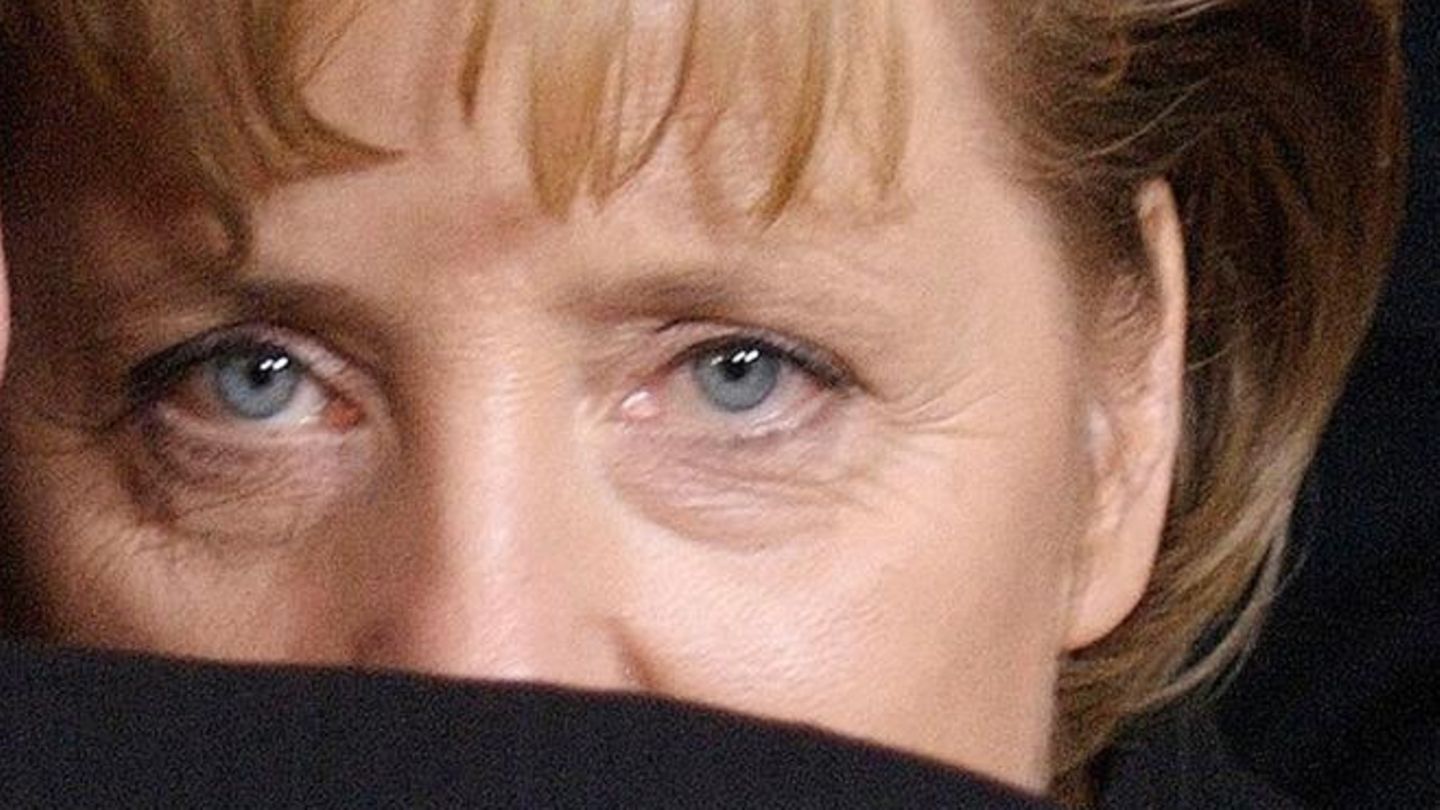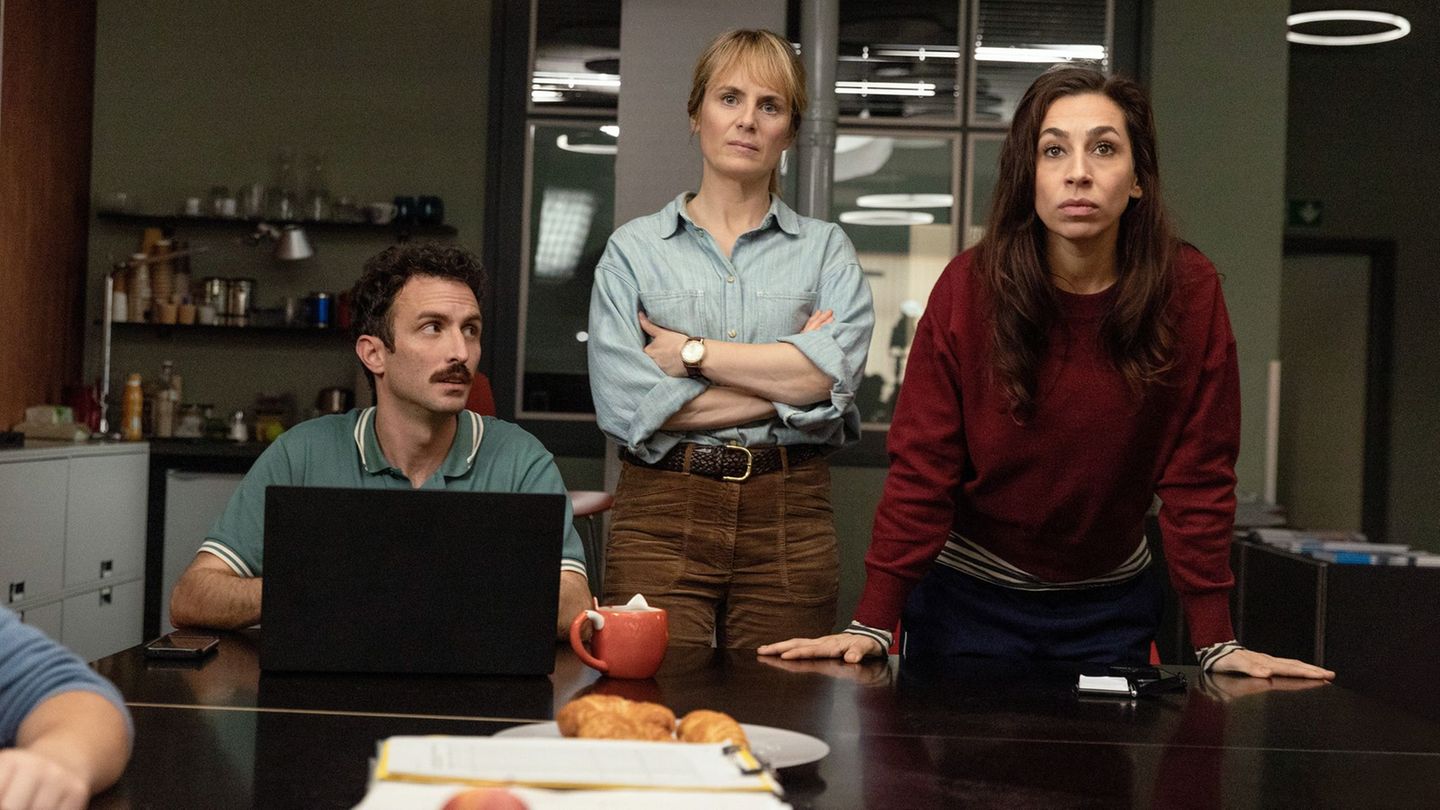Column very close east
An East representative in the Orient and other misunderstandings
Copy the current link
Add to the memorial list
The post of the East Commissioner is a even changeable being. It can be relevant. You just have to want it – and unfortunately there is a problem again.
The increasingly disparity of the Germans about what they call “unity” has hardly varied over the past three and a half decades. Okay, it was a long time about the pension points, and is now preferred to talk about gaps in representation. And if the East Germans, the PDS, were once accused of eternal Stalinism, are now considered to be retro Nazis-although this flat-rate claim can unfortunately also not be denied in general.
And then Gothaer Dirk Oschmann from Leipzig also remembered that we were Ossis the new orientals, only unfortunately without Sindbad, the seafarer.
Otherwise there was a strict continuity discourse. So the dispute over the solidarity surcharge, even though it has only existed rudimentarily for several years – and anyway, in order to tell you to read possible West Germans, has always been paid by East Germans. Meanwhile, surprise, the income never went exclusively into the so -called accession area, but always into the entire budget. Yes, real!
And then, of course, there is of course the debate repeated in the Bundestag election rhythm about the East Commissioner, or, as currently the case: the East Commissioner. The special thing about this permanent dispute is, a total German consensus for the superfluousness of the position exists and only differs the reason.
The East Commissioner and his humiliation
While it is said in the West that the special position of ungrateful sisters and brothers in the zone must be over now, the representative in the east is at best granted an alibi function as a government official Uncle Tom.
This does not necessarily make it easier for people who have the office. For example. When I started at the turn of the millennium as an employee of the former central organ of the SED district management Erfurt, which, because the people had revolted against the SED, no longer called “the people” but “Thuringian General”, I was immediately told the sad story of Eastern representative Rolf Schwanitz.
The poor man was shortly interviewed by the then editor -in -chief Sergei Lochthofen. Its editorial talks have traditionally been a mixture of tribunal, interrogation and show event. They even brought Alpha politicians like Joschka Fischer to the edge of the nervous breakdown.
The friendly Mr. Schwanitz never had a chance. The written interview was sent to him for the protocol of a humiliation. But it still had to be authorized.
Schwanitz made the next mistake: he did what politicians themselves or about their press offices do far too often: he reduced and added wildly. According to the assumption, the editorial team will accept it.
Lochthofen did not let the interview print. Instead, only one photo of Schwanitz appeared, surrounded by a lot of white space. It was announced that the representative unfortunately no longer wanted to stand by his statements made in the editorial team.
Schwanitz was embarrassed. While the editor-in-chief could be celebrated as a hero of freedom of the press, the East Commissioner was finally considered a species as a breakfast director for the accession area.
Very close east
star-Autor Martin Debes reports primarily from the five eastern federal states. In his column, the native Thuringian writes what is going on in the very Middle East – and in himself
The image was unfair and wrong. Internally, Schwanitz is still the prototype of the efficient East Commissioner. As Minister of State in the Chancellery, he had direct access to Gerhard Schröder and the Federal Cabinet. The government left no law and no implementation, without his staff checking whether it brought disadvantages to the east.
Schwanitz, of all things, therefore took the fundamental meaningfulness of the East Representative. But after him, the importance of the office shrank back to the political appendix. For a while there was: When a Federal Minister came from the east, he simply performed the function on the side: only the Social Democrats Manfred Stolpe and Wolfgang Tiefensee-and finally even the West German CDU man Thomas de Maizière, who, because he had served in a Saxon state cabinet, went through when Wossi went through. In addition, the last GDR Prime Minister was his cousin.
Angela Merkel from Castrop-Rauxel
Later, the Saxony-Anhalt ex-CDU Prime Minister Christoph Bergner was supplied with the representative function. And later the members of the Bundestag Iris Gleicke (SPD), Christian Hirte and Marco Wanderwitz (both CDU) took over the post. They were docked to the Ministry of Economic Affairs as parliamentary State Secretary.
They did not aligned much. They presented the annual reports on German unity, took part in the meetings of the East Minister Prime Minister and made folklore appointments for their respective minister.
They only made themselves through missteps. Shepherd was fired by Angela Merkel because he spontaneously congratulated Thomas Kemmerich on his presidential election using Björn Höckes. From Wanderwitz, in turn, it will be particularly remembered that he subordinated the East German dictatorship.
Oh, that an East German ruled as a chancellor for 16 years did not notice any further. Angela Merkel could have grown up in Hamburg or Castrop-Rauxel instead of in Templin: it would not have meant a difference for her government action.
And then it worked again
The East Commissioner became the sequence of personnel misunderstandings. But then Carsten Schneider came four years ago – and suddenly the office received relevance again – and even a little design power. For the first time since Schwanitz, the office was again in the rank of Minister of State in the Chancellery, including a seat in the Federal Cabinet. The department’s department also increased significantly.
Schneider had served in the Bundestag as a budgetary spokesman, SPD parliamentary group vice and the first parliamentary managing director. He knew exactly how Berlin works – but also the east where he grew up and lived. And he simply knew everyone in politics and business that were important. So he was the first commissioner to act with federal ministers and country chiefs at eye level.
Whether settlements of companies and authorities, whether bills and funding programs: Schneider was heard. And taken seriously. The fact that he is a cool, calculating career politician, a real policy administrator who always looked at the side, where he stayed, does not harm the office. On the contrary.
Schneider was the first former East Representative, he is now Federal Environment Minister. His old post was not abolished, as was also required in this election campaign, but has now been glued to the Ministry of Finance by Lars Klingbeil.
If you look at it in a friendly manner, Elisabeth Kaiser is said, as the new, as Minister of State at the SPD Vice Chancellor, is higher in the hierarchy than once a shepherd or hiking joke. Nevertheless, she does not sit in the Chancellery and does not have Schneider’s network or experience. In addition, their parliamentary lobby has shrunk: almost half of the East German members of the Bundestag are now part of the AfD.
After all, like so many of her predecessors, Kaiser comes from the politically crazy Thuringia, namely from the Rolf Schwanitz Birth city of Gera, where the AfD has been chairman of the city since 2020 and regularly march on neo-Nazi citizens.
So she knows how to fight.
You can find all Martin Debes columns published so far .
Source: Stern
I have been working in the news industry for over 6 years, first as a reporter and now as an editor. I have covered politics extensively, and my work has appeared in major newspapers and online news outlets around the world. In addition to my writing, I also contribute regularly to 24 Hours World.





